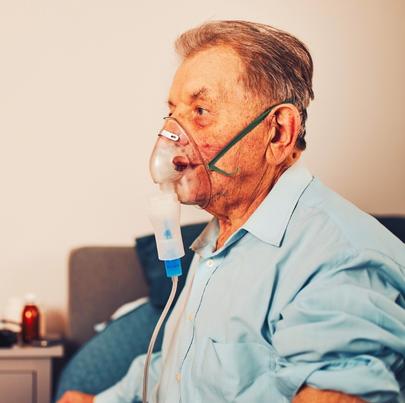In 2015, a widespread outbreak of Legionnaires’ disease in an Illinois veterans’ home killed 13 residents and caused severe illness for 61 other residents. Eleven families are suing the state of Illinois for negligence because they say the spread of the disease was preventable. Despite assurances from Gov. Bruce Rauner that the problem would be fixed, there have been several new cases of the disease in the last two years.

Legionnaires’ Outbreak in Illinois Nursing Home
Nursing homes are a prime breeding ground for Legionnaires’ disease. Since the 2015 outbreak, approximately 10 new cases of the disease have occurred in the same Illinois facility. A new investigation is being launched to look at the Legionnaires’ outbreak in the state-run facility located in Quincy, Illinois. State government officials are requesting a full legislative audit to examine the management policies and procedures of the Quincy Veterans’ Home where numerous veteran deaths have occurred. The 2015 outbreak in the Quincy Veterans’ Home is just one of many that have impacted nursing home facilities in recent years. CDC data reports more than 2,900 cases of Legionnaires’ disease spread out over 20 states.
Legionnaires’ disease, a type of pneumonia, typically spreads by inhaling waterborne bacteria transported through air conditioning and ventilation systems in a building. When problems are recognized and diagnosed quickly, antibiotics are usually an adequate treatment. According to families of victims in the Quincy Veterans’ Home, that facility did not take appropriate measures to prevent the spread of the disease. Those families have filed lawsuits claiming that the state-run nursing home facility was negligent in providing a safe environment for its residents.
The CDC urges nursing homes and long-term care facilities to develop water management policies that specifically address the prevention of Legionnaires’ disease and other contagious diseases that can spread quickly. They also recommend frequent testing for bacteria in ventilation systems, on equipment, touched surfaces, bed linens, clothing, and in food. Many state-run nursing homes and long-term care facilities are older buildings with few upgrades and limited funding. Upgrading with disease-fighting design features like copper plumbing fixtures and negative airflow systems is not within their budget. The CDC argues that preventing illnesses which kill residents and cost facilities millions of dollars each year may be worth the added expense.







